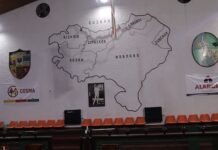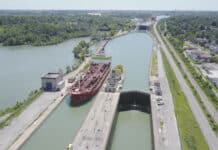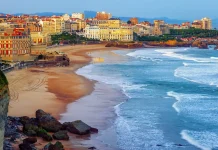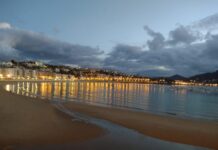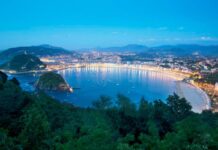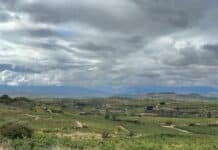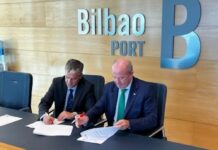This article was translated by John R. Bopp
Microsoft and Facebook have announced they’re going to lay an undersea fiber optic cable between the US and Europe via the Basque Coast, which is of great strategic importance for the Basques, and it’s had a huge media impact, for two reasons:
Firstly, for the technical characteristics of the undersea cable, which will provide up to 160 terabits per second in bandwidth, approximately 16 million times more than the average home’s bandwidth.
Secondly, the fact that two companies of this size have decided to build infrastructure like this of their own indicates that the Internet bigwigs are looking to have their own resources independent of traditional communications companies, even though “Marea,” as it will be called, will be operated by Telefonica.
According to the developers of this infrastructure, this cable is looking to provide a more efficient route between their big data centers in the US and their other centers not only in Europe, but also in Africa, the Middle East, and even Asia.
The Submarine Cable Map website gives us a representation in great detail of the submarine cables that connect the different points of the globe. If we look at the connections between Europe and the US, we can see that they’re all directed towards the British Isles or Northern Europe (except for one that goes to Italy). All this means that all connections in Europe with the rest of the world go through northern Europe
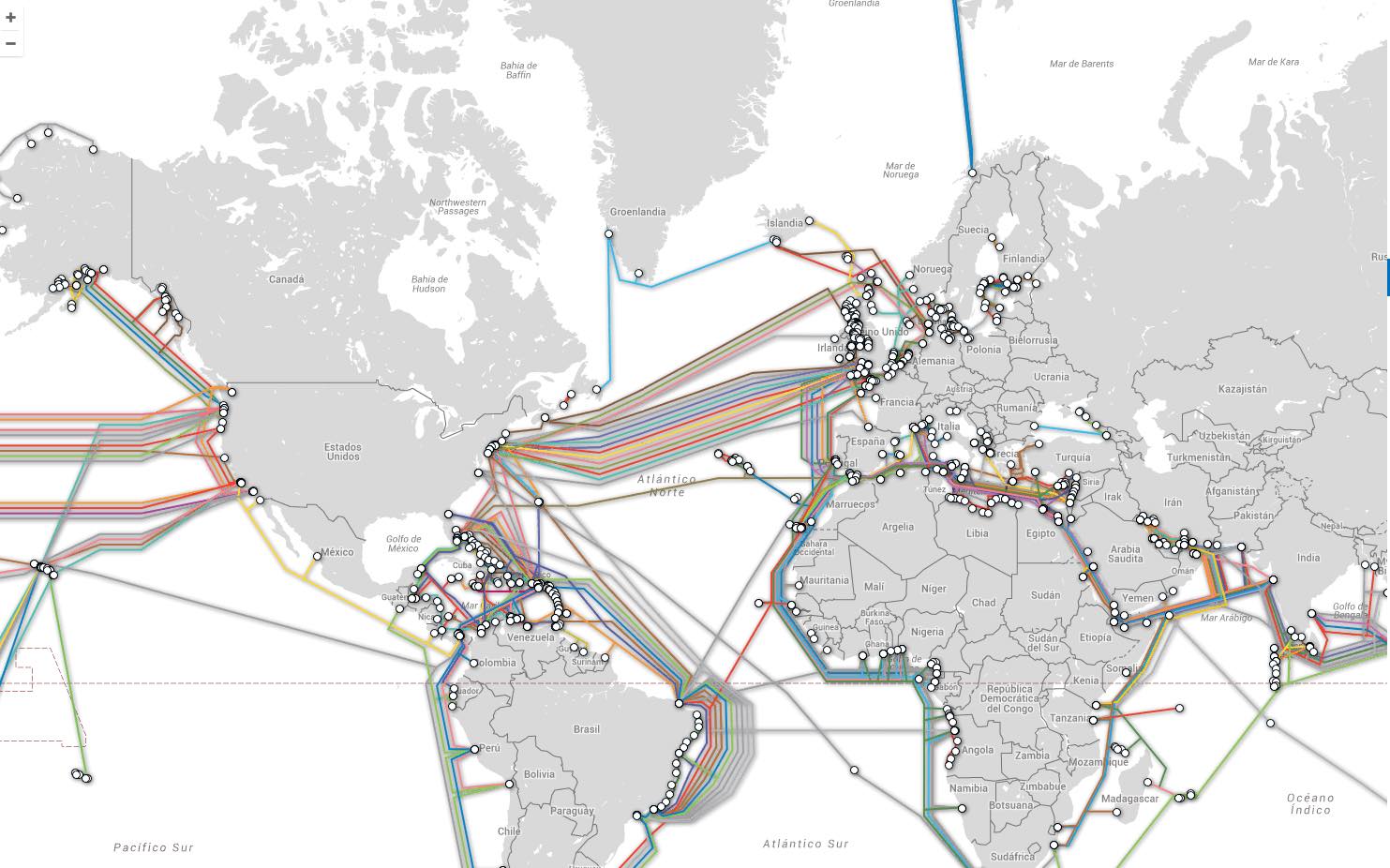
Only one of the lines marked on this map directly connects to a point south of Finisterre in Brittany; it’s currently marked as “planned,” but that line is going to bring together Virginia and Sopelana in Biscay.
This decision, and the possibility of having a direct connection of these technical characteristics puts the Basques in an excellent position. It must not be forgotten that the entry/exit points of these lines of communication that our data moves around the world through are strategic decisions that offer big opportunities to the surrounding area.
It’s very simple. The closer you are to one of these communications nodes, the faster and more reliable the data sent and received will be. And soon, we Basques are going to have the highest-capacity cable so far on our doorstep. Our internet connections will be thankful. And this strategic decision to connect Europe via the Bay of Biscay will certainly be repeated by other suppliers or companies in the sector. The news has cause a slew of publications, so we’ve turned to our scoop.it service to collect a few we found the most interesting. The most relevant ones we’ve put here.
Wired – 26/5/2016 – USA
Facebook and Microsoft Are Laying a Giant Cable Across the Atlantic
Facebook and Microsoft are laying a massive cable across the middle of the Atlantic. Dubbed MAREA—Spanish for “tide”—this giant underwater cable will stretch from Virginia to Bilbao, Spain, shuttling digital data across 6,600 kilometers of ocean. Providing up to 160 terabits per second of bandwidth—about 16 million times the bandwidth of your home Internet connection—it will allow the two tech titans to more efficiently move enormous amounts of information between the many computer data centers and network hubs that underpin their popular online services.
(Continue) (Automatic translation)
UStoday – 27/5/2016 -USA
A 4,000 mile undersea cable deal announced Thursday by Microsoft and Facebook is just the latest of a dozen high capacity trans-oceanic cables being built by tech companies to deal with their insatiable demand for bandwidth. The two companies plan to build a cable that will run from Virginia Beach, Va., to a data hub in Bilbao, Spain.
(Continue) (Automatic translation)
The Guardian – 26/5/2016 – Gran Bretaña
Facebook and Microsoft to build private internet highway underwater
Facebook and Microsoft are going underwater. The two technology companies announced on Thursday they are to install an undersea cable from the east coast of the US to Spain to help speed up their global internet services. Fast connectivity is particularly important to Facebook, which wants to encourage users across the world to broadcast live video and meet in virtual reality. Both activities can consume vast amounts of bandwidth.
(Continue) (Automatic translation)
All the information we’ve collected is available on our Scoop.it service
Last Updated on Dec 20, 2020 by About Basque Country




